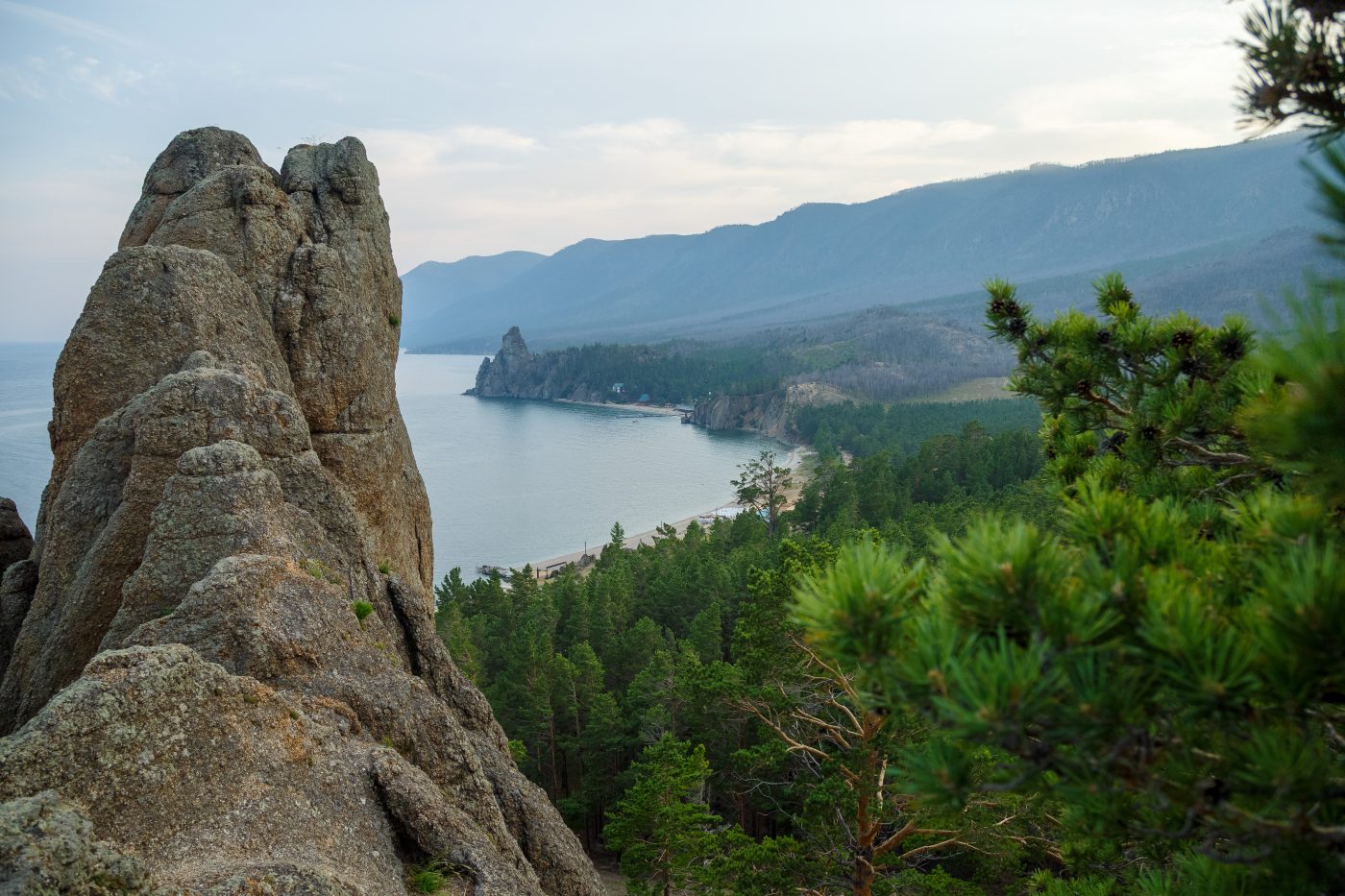Preservation of forests in the Baikal region

March 2022 – present
About 20% of the world forests is located on the territory of Russia. Forests play a decisive role in maintaining the functioning of ecosystems, providing habitat for most terrestrial species of animals, plants and insects, regulating the hydrological regime of water bodies, absorbing carbon from the atmosphere. In addition, forest ecosystems contribute to the smoothing of climatic anomalies, such as hurricanes, floods, droughts, which, according to scientific forecasts, will only become more frequent over time.
Today, the forests of Russia and, in particular, those in the Baikal Natural Territory are subject to such risks as fires, illegal logging, and the spread of pests. In the context of the Baikal region, wildfires and illegal logging have been included by UNESCO in the list of factors threatening the outstanding universal value of Lake Baikal, the World Natural Heritage site.
Wildfires and climate change are closely linked and mutually reinforce each other. The vast majority of wildfires start because of human activities, but the degree and scale of their spread are strongly influenced by weather conditions. Climate change increases the likelihood of extreme weather conditions and the frequency of natural disasters, such as heatwaves and droughts. It is in such conditions a fire that has gone out of human control is more likely to cover an entire forest area.
In their turn, wildfires are the cause of accelerating the pace of climate change. This is due to the release of carbon as a result of the burning of organic matter, which, when released into the atmosphere, enhances the greenhouse effect. Both the formation of soot and the reduction of areas of healthy carbon absorbing forests, due to illegal logging, for example, contribute to the acceleration of climate change.
Goal:
- to create conditions for the conservation of forests and the maintenance of their ecosystem in the Baikal region.
Tasks:
- implementation of measures to reduce the negative anthropogenic impact on forests, especially forests of high conservation value in specially protected natural areas;
- promotion of systemic reforestation in the Baikal region;
- popularization of reliable scientific data on the role of forests in climate change and in the regulation of the hydrological regime of water bodies;
- raising awareness of the local population and tourists about the careful attitude to the forest ecosystem;
- preparation of recommendations on sustainable forest management and reforestation.
Expected outcomes:
- consolidation of systemic reforestation practices in the pilot area;
- consolidation of effective practices for the prevention of natural disturbances (wildfires, illegal logging), including through raising the level of environmental awareness, in the pilot region of the Republic of Buryatia and replication of successful activities beyond its borders;
- introduction of such a nature-based solution as tree planting as a measure of climate adaptation.
What is done in 2023:
- more than 15,000 trees were planted;
- 5.4 hectares of taiga was restored in an area where natural regeneration is difficult;
- an expert assessment of best practices for forest restoration at the site was carried out;
- a video on the work done was prepared.
What is done in 2024:
- more than 75,000 trees were planted;
- 20 hectares of taiga was restored in an area where natural regeneration is difficult;
- the condition of seedlings planted in 2023 (5.6 ha) on the territory of Ivolginsky lesnichestvo was assessed – the survival rate was 100% for cedar, 98% for pine with closed root system and 85% for pine with open root system;
- a video on the work done was prepared.
Photo: Ilya Sakulin

